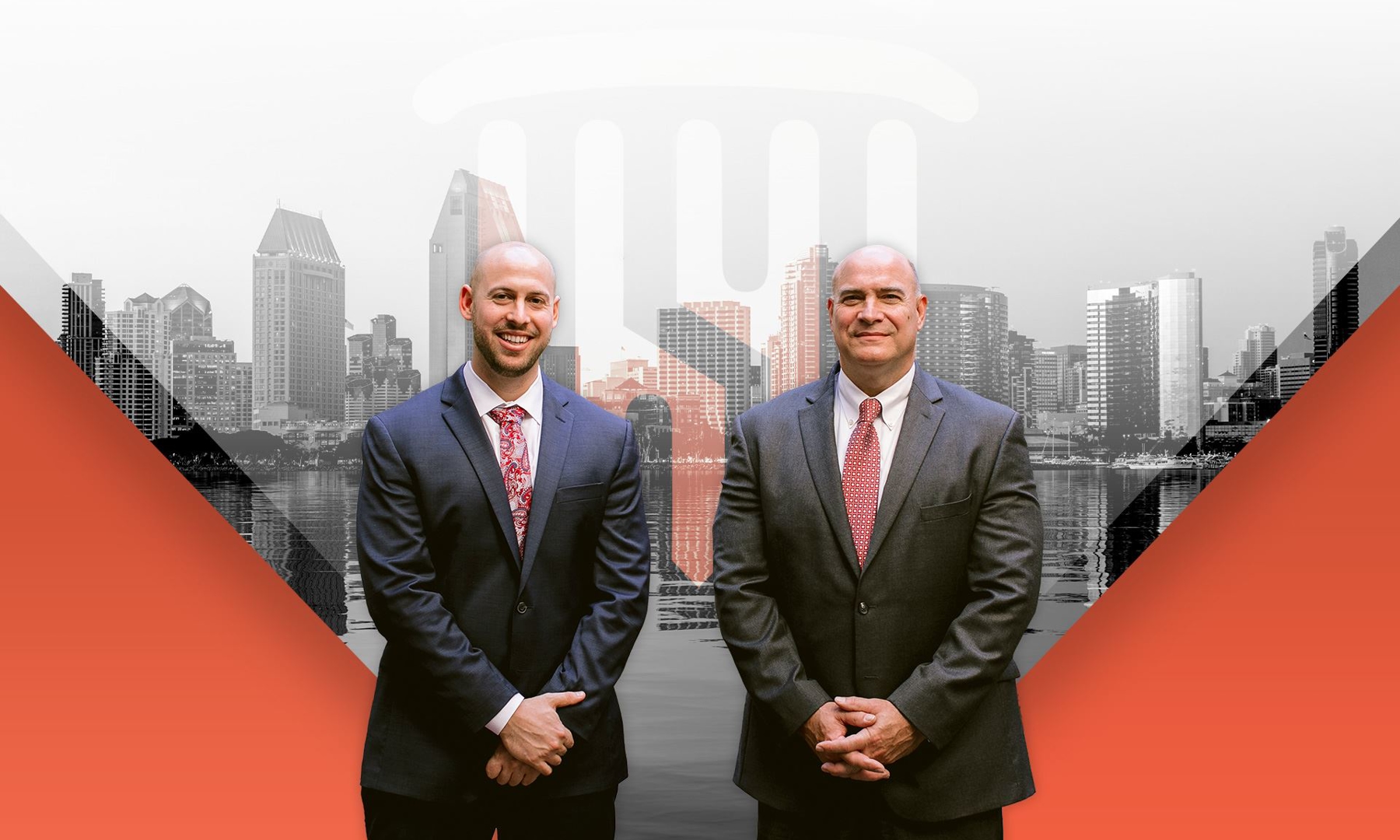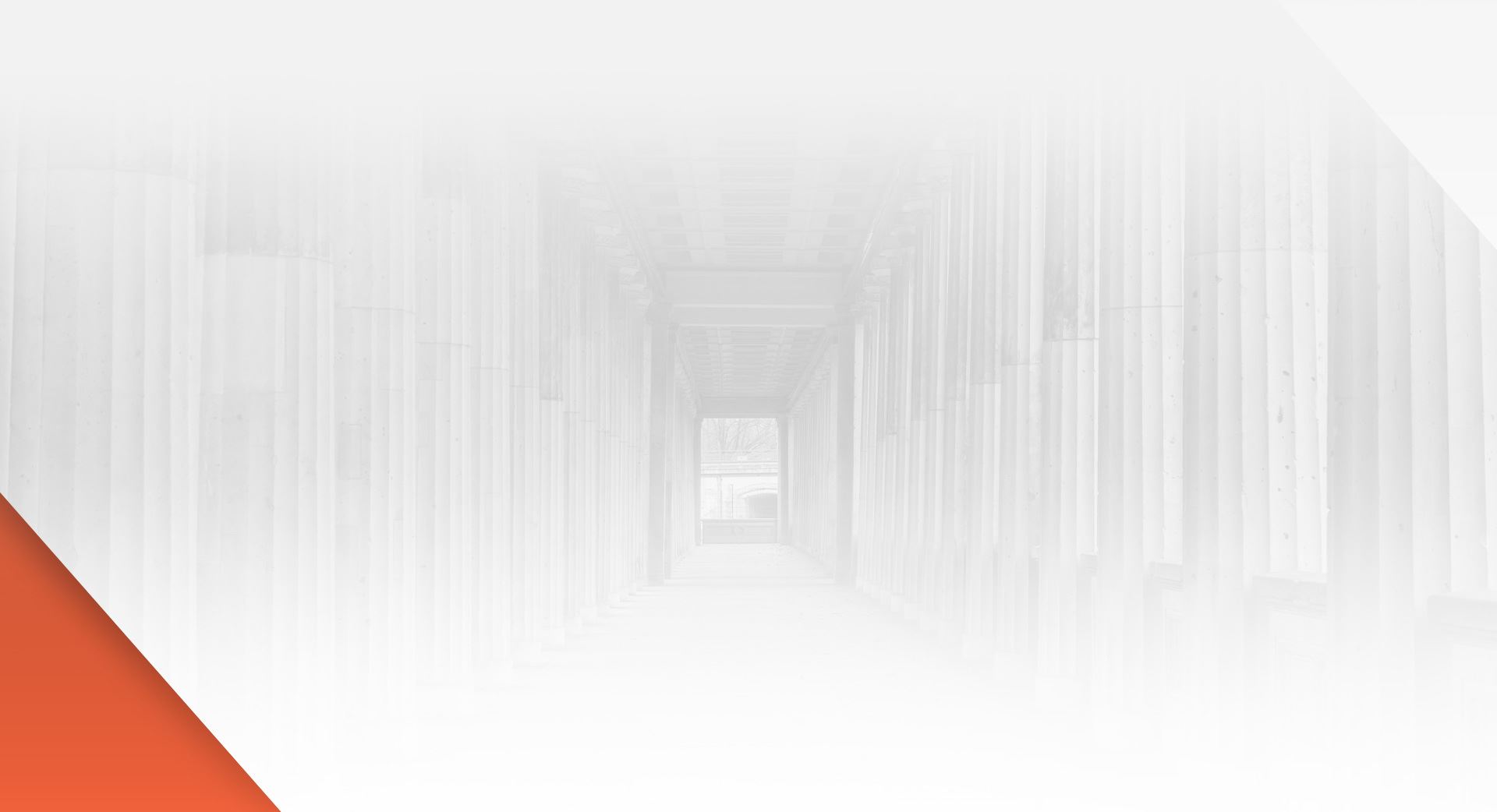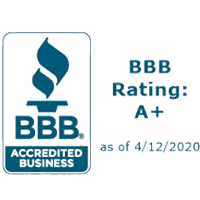
Chula Vista Creditor Harassment Attorneys
Defending You from Bad Behavior
When you are struggling to keep up with bills or pay off debts, the last thing you need is one or more creditors hounding you for payment.
Receiving unending calls, letters, and visits from debt collectors can be frustrating and embarrassing. If you do not have the means to repay, you may wonder if you have any options in making the unsolicited contact stop.
Our Chula Vista creditor harassment lawyers at The Sexton Law Firm are prepared to help you put an end to creditor harassment. We are familiar with the unscrupulous and often unlawful tactics that collection agents employ and can help hold bad behavior accountable.
Our Chula Vista law firm can work to immediately put a stop to the worst of the harassment, represent you in all communications with debt collectors, and work with you to address your underlying debt.
You do not have to put up with creditor harassment. Call (619) 202-8976 or contact us online to speak to a member of our team.
What Are Your Rights Under the Fair Debt Collection Practices Act?
The Fair Debt Collection Practices Act (FDCPA) is a federal piece of legislation that regulates how and when debt collectors can communicate. The law heavily favors debtors and explicitly restricts many common types of creditor harassment. Still, some collection agents will assume you are not familiar with your rights and may attempt to intimidate you.
FDCPA makes it unlawful for debt collectors to:
- Contact you before 8 AM or after 9 PM
- Call you at work if you inform them you cannot take personal calls
- Use profane, intimidating, or inappropriate language, including yelling
- Claim you owe debts that are not yours
- Tell friends, family, or your employer about your debt
- Threaten to do something they are not lawfully able to do, including filing a lawsuit if the statute of limitations has passed
In addition, you have the right to request that a collection agent verify that they own a debt and that the alleged debt is yours. If they cannot produce evidence demonstrating that they have a right to contact you about the debt, they can no longer communicate with you about it.
You also have the ability to order a debt collector to no longer communicate with you over the phone and instead only contact you in writing. If you prefer, you can also ask that all communications go through your legal representation.
Creditors will not inform you of your rights and will likely continue to harass you until you take action. Exercising your rights under FDCPA will help halt the worst of creditor harassment. If collection agents continue to bother you, you may be able to pursue legal action against them.
What Can a Creditor Harassment Attorney Do to Help?
If you are being harassed by creditors or debt collectors, a collection harassment attorney can help. Debt collector harassment attorneys understand the unscrupulous and often unlawful tactics that collection agents employ and can help put an end to creditor harassment. With their knowledge of the Fair Debt Collection Practices Act (FDCPA), they will be able to represent you in all communications with debt collectors, work to immediately put a stop to the worst of the harassment, and work with you to address your underlying debt.
In addition, they can also order a debt collector to no longer communicate with you over the phone and instead only contact you in writing or through your legal representation if preferred. Also, if the amount of debt is too difficult handle, a creditor harassment lawyer can also start eht steps to file the appropriate chapter of bankruptcy.
How Can Bankruptcy Help Stop Creditor Harassment?
Stopping creditors from harassing you will not absolve you of the debt they are calling about. When debt collectors are no longer able to contact you, they may choose instead to pursue legal action. Depending on the nature of your debt, you could face wage garnishment, foreclosure, or repossession.
Filing for bankruptcy can help you conquer your debt and stop creditor harassment for good. When you file for either Chapter 7 bankruptcy or Chapter 13 bankruptcy – the two categories of consumer bankruptcy – you will benefit from the automatic stay, a court order that prohibits any further creditor action from being taken against you.
This means that creditors will not be able to contact you for the duration of your bankruptcy. It will also freeze any pending legal action, foreclosures, garnishments, or repossessions.
When you successfully complete your bankruptcy filing, you will generally be authorized to discharge unsecured debts. This includes credit card debt, medical bills, personal loans, utility bills. If a debt is discharged, you no longer have to pay it – meaning any creditor associated with that debt will no longer be able to lawfully contact you about it.
Though you cannot discharge certain other types of debt, including secured debt, tax debt, and student loans, filing for bankruptcy does give you the time and flexibility to reorganize your finances. In discharging unsecured debts, you may be able to redirect funds to catch up on other missed payments.
In Chapter 13 bankruptcies, you typically have between 3 and 5 years until your filing is closed, giving you ample time to resolve outstanding debts you cannot be discharged.
Our Law Firm Is Ready to Defend You Against Creditors
You do not have to face creditor harassment alone. Our Chula Vista creditor harassment attorneys at The Sexton Law Firm understand the laws governing debt collector conduct and can help you exercise your rights under FDCPA protections. Once the brunt of the harassment has been stopped, we can help determine if filing for bankruptcy can help you address and even discharge some or all of your debt.
Schedule a free consultation with our team by calling (619) 202-8976 or contacting us online.

Why Hire The Sexton Law Firm?
Get the Representation You Deserve
-
We Listen to Your Story and Create a Strategy to Achieve Your Goals
-
With offices in Chula Vista, Oceanside, and La Mesa, we serve clients throughout all of Southern California
-
We Offer Free Consultations - Regardless of the Legal Matter
-
We Offer Phone and Video Consultations For Your Safety and Convenience
-
We Are Bilingual and Serve Our Clients in English and Spanish
-
We Are a Family Owned and Operated Law Firm
Attorneys Dedicated to Protecting Your Legal Rights







